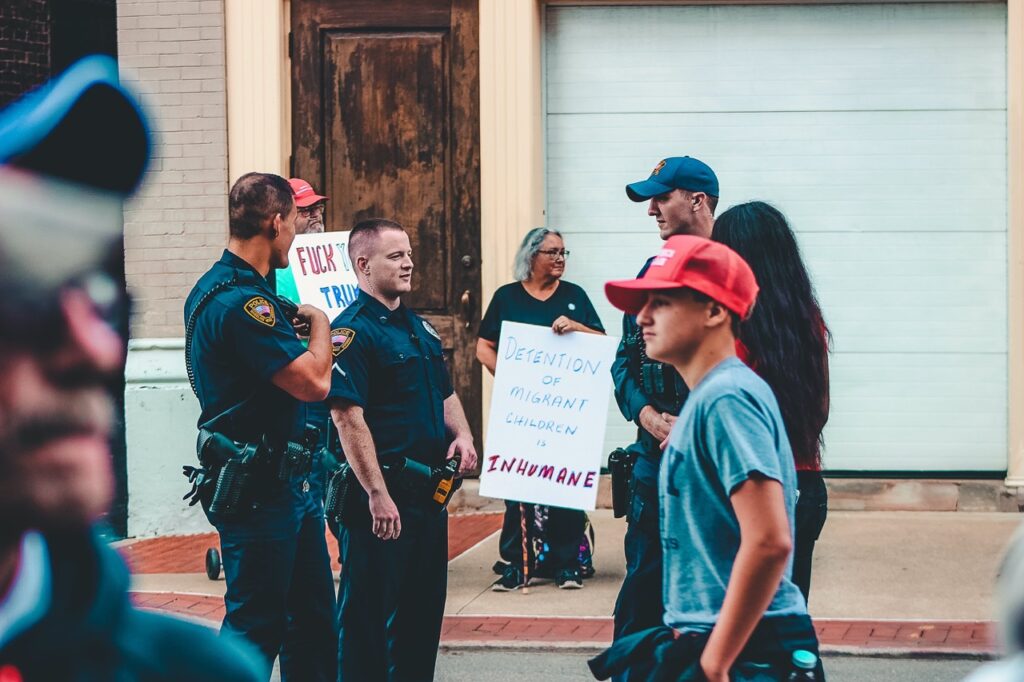Navigating encounters with law enforcement can be daunting, even for law-abiding citizens. It is essential to understand your rights to ensure a respectful and lawful interaction with police officers.
Know Your Constitutional Rights: The U.S. Constitution guarantees fundamental rights during police interactions. These include:
- The Fourth Amendment: Protection against unreasonable searches and seizures.
- The Fifth Amendment: The right to remain silent to avoid self-incrimination.
- The Sixth Amendment: The right to legal counsel.
- The Eighth Amendment: Protection against cruel and unusual punishment.
Interacting During a Traffic Stop:
- Remain calm, pull over safely, and keep your hands visible.
- Provide your license, registration, and insurance upon request.
- You have the right to remain silent and to refuse consent to search your vehicle, but comply with commands like exiting the car.
- If not under arrest, you can ask if you are free to leave and request an attorney for any questioning.
Handling Police Questioning:
- Politely inform officers that you choose not to answer questions without an attorney.
- In some states, you may need to provide your name if requested.
Searches and Seizures:
- Officers need probable cause or a warrant to conduct searches.
- You can refuse consent to search your person, property, or vehicle in the absence of a warrant or probable cause.
- If searched, note the officer’s badge number and other details for any potential legal action.
Arrests and Legal Representation:
- If arrested, assert your right to remain silent and request an attorney immediately.
- Remember, you have the right to a government-appointed lawyer if you cannot afford one.
Recording Police Encounters:
- In many states, you are allowed to record police encounters in public spaces, provided you do not interfere with police duties.
- Be aware of your state’s specific laws regarding recording police interactions.
If Your Rights Are Violated:
- Document everything, including officers’ badge numbers, patrol car numbers, and witness contacts.
- Seek medical attention if injured and file a complaint with the relevant authority.
Participating in Demonstrations:
- Peaceful demonstrations are protected under the First Amendment.
- You can record police actions, provide identification upon request, and assert your rights if detained or arrested during a protest.
State-specific Laws:
- Laws regarding police interactions can vary by state. Familiarize yourself with local laws to stay informed.
Conclusion: Understanding and asserting your rights during police encounters is critical for protecting your freedoms. Remain calm, respectful, and informed, and seek legal counsel if needed. By staying up-to-date on the laws and your rights, you can navigate these interactions with confidence and ensure a fair and just process.








